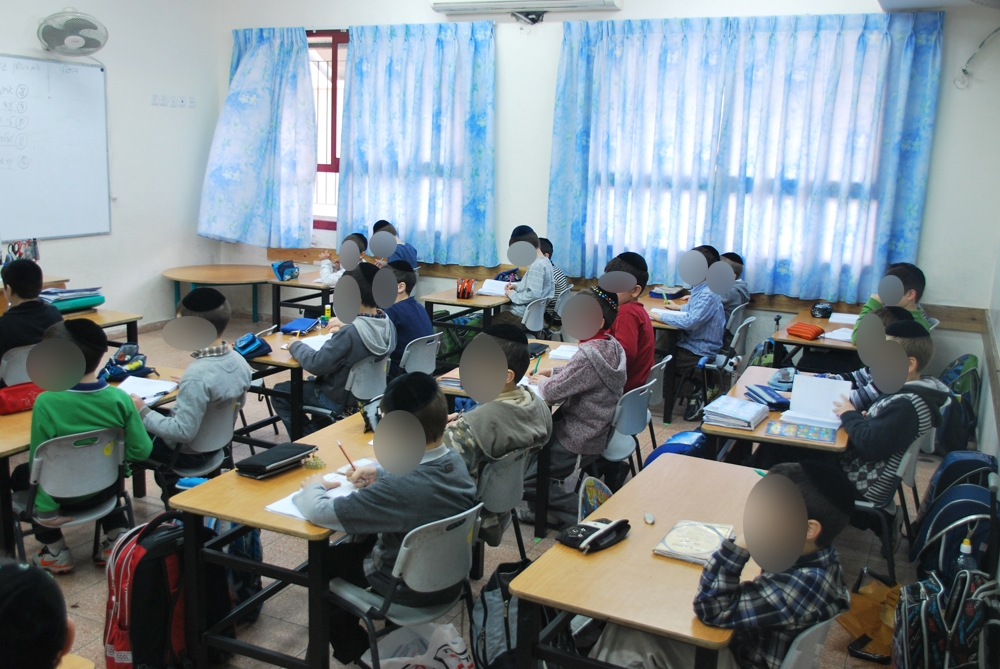The halt of the coronavirus outbreak in Israel is filling us all with a sense of hope.
But the dwindling public coffers, over a million unemployed, thousand of shuttered businesses and factories, and hundred of thousands people in debt present us with challenges we haven't faced in a long while.
The smart thing to do is not to rush headlong back into routine - but to learn the required lessons, and quickly.
The moral of the story touches the issue of Israel’s middle class and social welfare services.
We all witnessed, and will continue to witness, just how devoid of savings and reserves Israel’s middle class really is.
For millions of citizens, just a few months of unemployment is enough to plummet them beneath the bread line. That is not how the middle class is supposed to be affected.
In order to brave future crises, just wealth distribution is uired.
At the height of the epidemic, Bill Gates was quoted saying that, “the economic impact of the shutdown is hitting low-income, minority workers the hardest. Policymakers will need to make sure that as the country opens up, the recovery doesn’t make inequality even worse than it already is.”
In Israel as well, the number of people stricken by COVID-19 was significantly higher among the weaker sectors, just as the number of people who lost their jobs or were forced to take unpaid leave was higher among lower income earners.
We must act to change our priorities, because if we don’t, we will bring the next crisis upon ourselves.
Our goal should be to reduce social disparities and increase investment in public infrastructure. For while Israel may be the start-up nation and a leading exporter of technology, the coronavirus crisis only heightened how important it is to strengthen our economy and society from the inside.
Social systems provide the public with basic services: A society cannot exist without proper education or health and welfare infrastructure, and nor can it exist without professional development.
Because when such systems are left to the private sector and are not provided to a high level by the state, those services are tendered to the highest bidder and those without means are left to fend for themselves.
It fortunate then that Israel’s systems were all established during a time when providing public services for all was seen as the remit of the government.
Only, these services have gradually dried up in recent decades. This is most evident in matters of healthcare: We have endured this crisis with a whittled down healthcare system, whose neglect in recent decades was countered only by the dedication, skills and motivation of its workers.
But strengthening the healthcare system is not enough. We must also restore public and social infrastructure.
First and foremost, the educational system needs to be revamped, as to give all students proper and equal education, especially in marginalized sectors like the Arab community.
We also cannot give up on the ultra-Orthodox population, which will have to come to terms with the need for a broad education in order to be part of the state’s workforce.
The same goes for the restoration of public housing. Over the last 40 years, the number of public housing units dropped from 260,000 to just 60,000, despite the fact that Israel’s population has more than doubled.
This is the time for the state to initiate and play an active role in revitalizing the sector while significantly increasing public housing units. In addition, the number of affordable housing units must also increase - meaning homes that are available to middle-class families at an affordable price.
Whatever they say, a state can sustain a competitive market economy alongside a solid social policy that supports the middle class and other marginalized populations.
We need leadership that looks forward, tells the public the truth and knows how to offer hope - not with words, but through action.
Ron Huldai is the mayor of Tel Aviv-Jaffa





